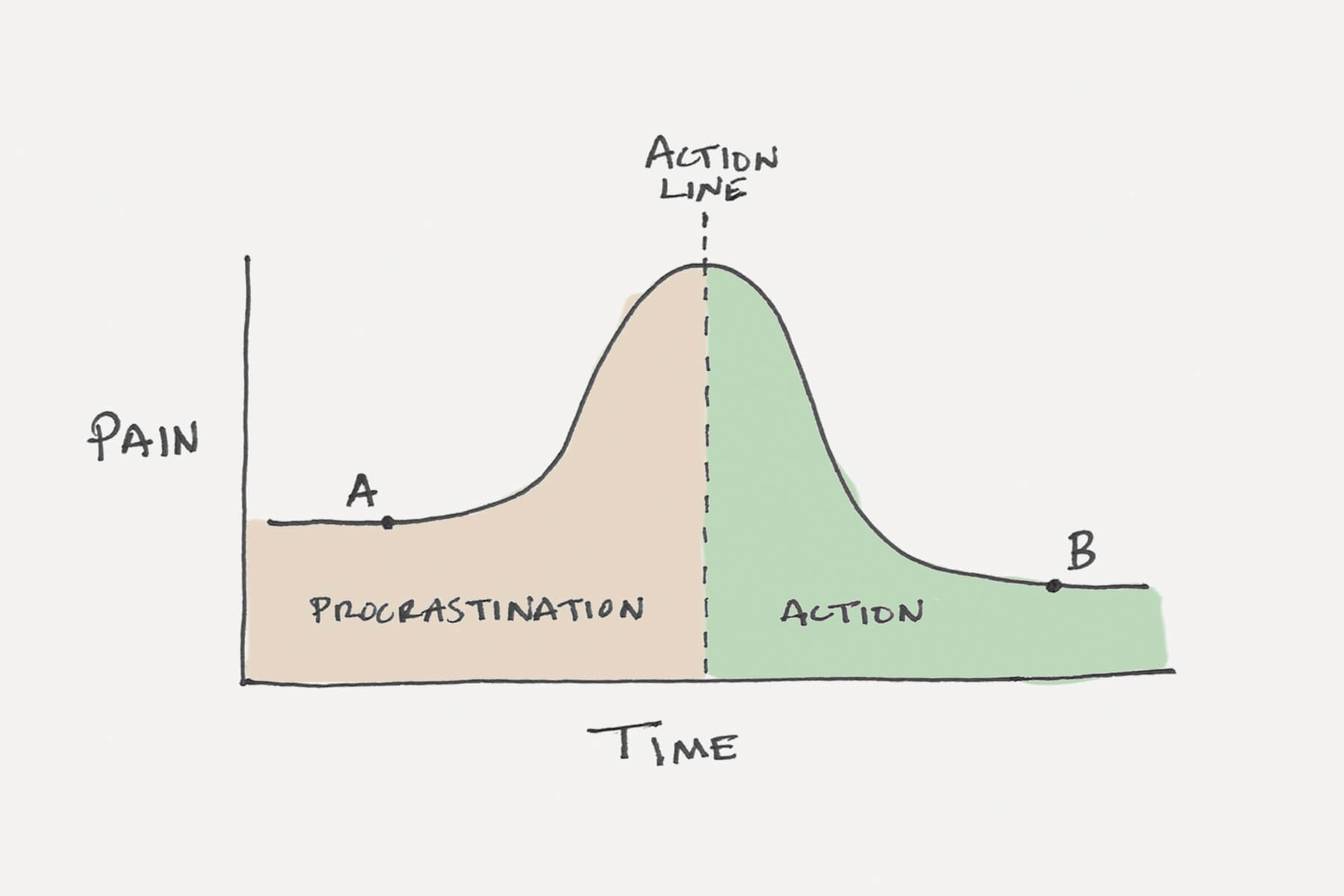Have you ever sat in front of a laptop, trying to complete an important task, and suddenly you found yourself washing dishes or reading a seemingly breathtaking article? Or you suddenly realized that you needed to feed the dog, answer the email, clean the ceiling fan, have a snack — and next thing you know it’s 11 p.m. and you’ve yet to even start on your important assignment
For many learners, procrastination is a powerful and incomprehensible force that keeps them away from completing important tasks. It is a potentially dangerous power that can bring about poor grades, cause problems at work, make you postpone something urgent and use a writing service to meet deadlines.
A Day in the Life of a Chronic Procrastinator
Now let’s define the meaning of the term itself. Procrastination becomes a “lifestyle” when a learner needs to do something meaningful, but they are constantly distracted. For example, instead of finally sitting down and writing an assignment, they check Instagram or drink coffee at home for too long; in the end, nothing has been done, and the procrastinator is also late for work or studying.
Most people struggle with procrastination occasionally, but for some people the condition is a serious problem. According to scientists, by procrastinating, we avoid those tasks that bring unpleasant emotions, and instead of them, we do what gives us a short-term pleasure. When you put something aside “for later,” though, you still feel guilty about your procrastination, you just continue to delay anyway. Most psychologists consider procrastination an evasion tool, a defense mechanism that people turn on to cope with unpleasant actions.
The phenomenon most commonly occurs when people are concerned about the tasks that lie ahead. To get rid of negative emotions, people procrastinate: watch a Tarantino film for the 10th time, hop on YouTube or surf the internet. Prolonging their discomfort allows them to feel better, but fails to change their reality; in the end, they’ll face their problem again soon.
How to Avoid Procrastination
The good news is that procrastination can be defeated. To break out of the vicious cycle, get your head together and finally study, try the following action plan.
1. Focus on one task
Obsessing over the hundreds of micro-steps a task can take will almost inevitably overwhelm you. Focus on only one task and let the others recede into the background until you’ve finished it.
2. Try to practice conscious breathing or meditation
These techniques will organize a unidirectional mental stream, help you get rid of parasite-distracting thoughts, become more attentive and regain focus. They’ll also help you feel a little more confident, which will itself bring a degree of calmness.
3. Minimize distractions
Turn off your phone and TV, shut down your social networks and any other sources that can knock off your focus. You might find yourself reflexively reaching for your phone on occasion, but every time you do and realize you’ve stowed it in a different room will just serve as a reminder to focus on the task at hand
4. The strategy of small steps
Break the big task into subtasks: an anxiety-inducing heap will soon turn into a slim list of specific actions. Gradually, in small steps, you will get everything done. If using an app seems like it’ll help, try using something like Wunderlist, which is wonderful for splitting tasks into lists and subtasks.
5. Do not delay a large task
If you have something to complete that will take more than 30 minutes of close attention, you should break it up and tackle it over the course of several days. Otherwise, if you find yourself out of time, you’ll have no choice but to work through the night.
As you can probably tell, this tip is foundational to the entire concept; to avoid procrastination, you first need to assess just how much time a task will require.
6. Reward yourself
After completing at least one subtask, you’ll immediately feel more confident. Be sure to reward yourself for it; it will be easier to get to the finish line if you do.
7. Take an action!
When you have narrowed your attention to a single task, simply proceed to it: open a book, create a file, write the beginning line — and you’re already crossing items off your list!
8. Ask for help
If the task seems very difficult and you feel unprepared to do it, get in touch with someone who can as soon as possible. While it might require a dose of humility, asking for help is definitely better than inactivity and postponed work.
9. Reboot
Take a break every 30 minutes to move, drink tea or do eye exercises. After a short reboot, you will be able to get back to business with enthusiasm.
10. Have fun
Think about why you’re doing what you’re doing, even if it is difficult and monotonous. You can always find something positive about whatever task you’re involved in, even if you have to get a little creative.
Edusson writers hope that these simple and understandable tips will allow you to avoid procrastination. Each great project begins with a tiny step — just exhale and do it.
















